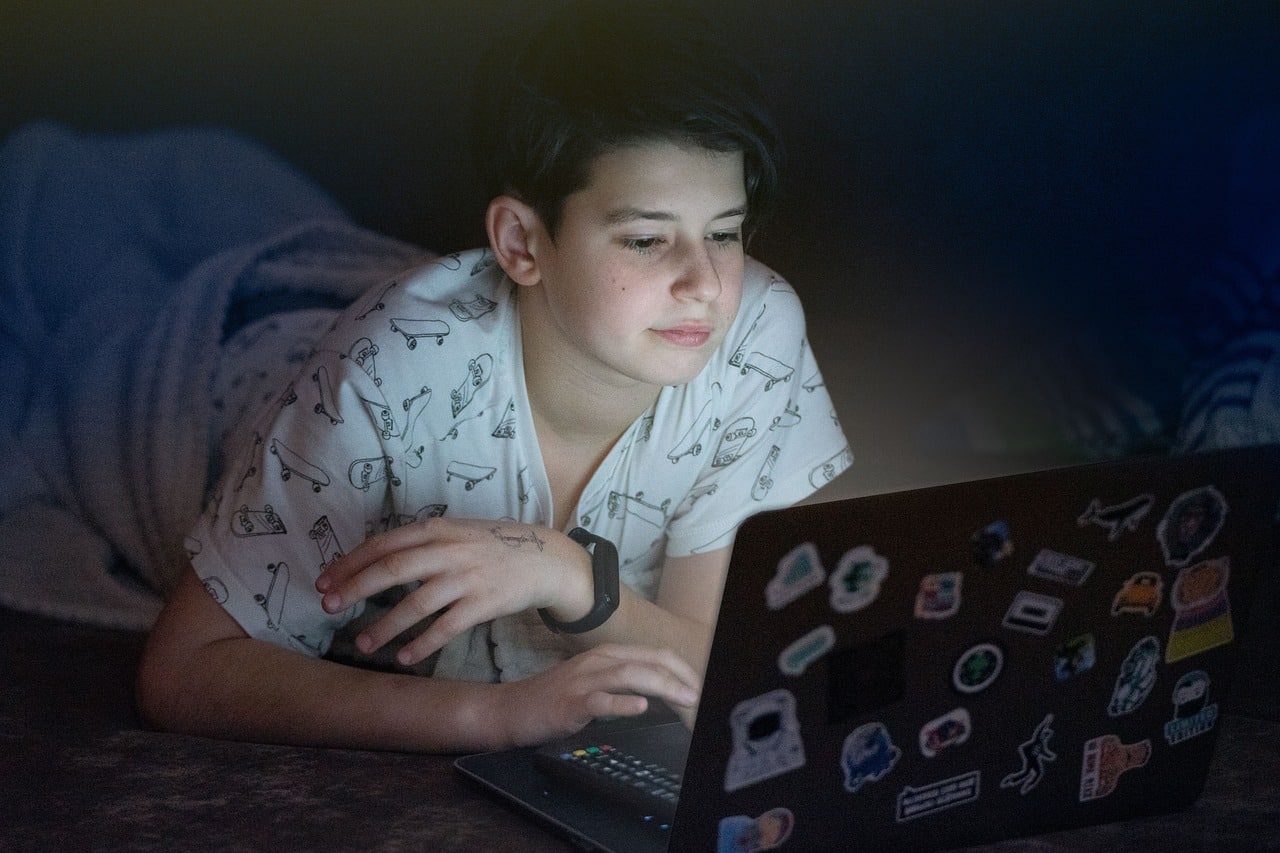Table of Contents
While social media can undoubtedly be beneficial to teenagers in various ways, it can also sometimes cause harm. So, let’s explore three different points of view regarding the dangers of social media for teens.
Viewpoint 1: Social Media Is Good for Teens
The first viewpoint that many people have is that social media is ultimately good for teenagers, and therefore, the potential dangers are not largely significant. Well, it is certainly true that engaging in social media can be beneficial for teens. Here are some ways in which it can be helpful.
Teens Can Build Relationships and Social Skills
Social media can enable teenagers to maintain relationships with friends, both near and far. They can continually connect with peers from school or meet new people with similar interests. Activities such as engaging in group chats or sharing posts can encourage inclusivity.
Teens Can Access Networking Opportunities
Using social media also opens up opportunities for networking. Teens can link up with professionals in fields they are interested in following. They can also access webinars, talks, and tutorials. So, it can help them gain perspective on potential careers.
Teens Can Learn Digital Literacy
Another key point is how social media improves digital literacy among teens. Learning to navigate different platforms helps sharpen their tech-savvy skills. In today’s world where digital skills are becoming increasingly important, this holds significant value.
Teens Can Access Educational Benefits
We must also consider the educational benefits that come along with social media use. Teachers often utilize platforms as educational tools, posting assignments online and creating discussion groups. Plus, many educational posts can be found on social media platforms.
Teens Can Gain Mental Health Support
Many social media sites provide safe spaces for discussing personal issues or learning about others’ experiences with mental health. Such resources are invaluable for teens who are seeking guidance or are feeling alone in their struggles.
Viewpoint 2: Social Media Is Dangerous for Teens
Others believe that the dangers of social media outweigh the positive effects. Indeed, it is sadly true that social media can be dangerous for teens. Here are just a few examples of the dangers social media can pose to teenagers.
Teens Can Be the Subject of Cyberbullying and Harassment
One major drawback of social media is the presence of cyberbullying. Online platforms sometimes serve as mediums for peer aggression, resulting in harmful comments, insults, or invasion of privacy. These actions can have devastating effects on teenagers’ self-esteem and mental health.
However, teens and parents of teenagers should be aware that they can file social media lawsuits, with the help of an injury attorney, when things like serious online bullying occur. You should consult an experienced social media youth harm attorney to learn about your legal options.
Teens Can Be Unaware of Privacy Concerns
Teens often unwittingly give away private information, failing to realize who can see their posts or track their digital footprint. This unsupervised exposure leaves them vulnerable to predators and identity theft.
Teens Could Try to Live Up to Unrealistic Standards
Unrealistic standards projected by different forms of media can also be dangerous for teenagers.
Images portraying ‘perfect bodies’, luxurious lifestyles, or success stories can influence teenagers negatively, leading to body dissatisfaction or pressure to achieve impractical expectations.
Teens Could See Decreased Productivity
Excessive usage is a genuine concern because it decreases productivity levels among teenagers. They may spend disproportionately high amounts of time scrolling through feeds instead of focusing on schoolwork or hobbies.
Teens Could Be Influenced by Misinformation
Content like fake news and biased perspectives spreads rapidly online. Teens may naively accept such information as truth without questioning its validity or cross-checking facts.
This spread of false information has serious implications such as skewing viewpoints and promoting unhealthy behaviors.
Viewpoint 3: The Truth Is in the Middle
The last viewpoint is arguably the most sensible: the truth lies in the middle. Social media can potentially be very beneficial but also harmful.
Learning to use social media responsibly is a crucial life skill for teenagers in the digital age. As long as teens do things like report cyberbullies, stay mindful of privacy settings, and check sources to discern between real and fake information, they can stay safe online.
When balanced right, social media platforms can be valuable tools for education, networking, and personal growth and development for teenagers.
Image source: https://pixabay.com/photos/computer-laptop-boy-internet-6981762/



